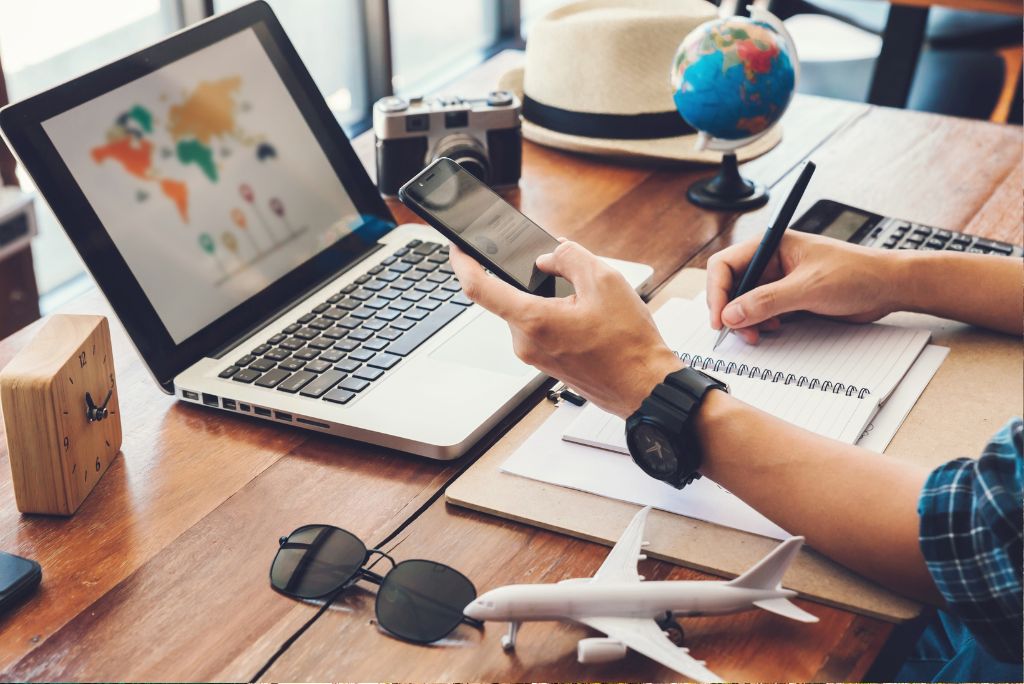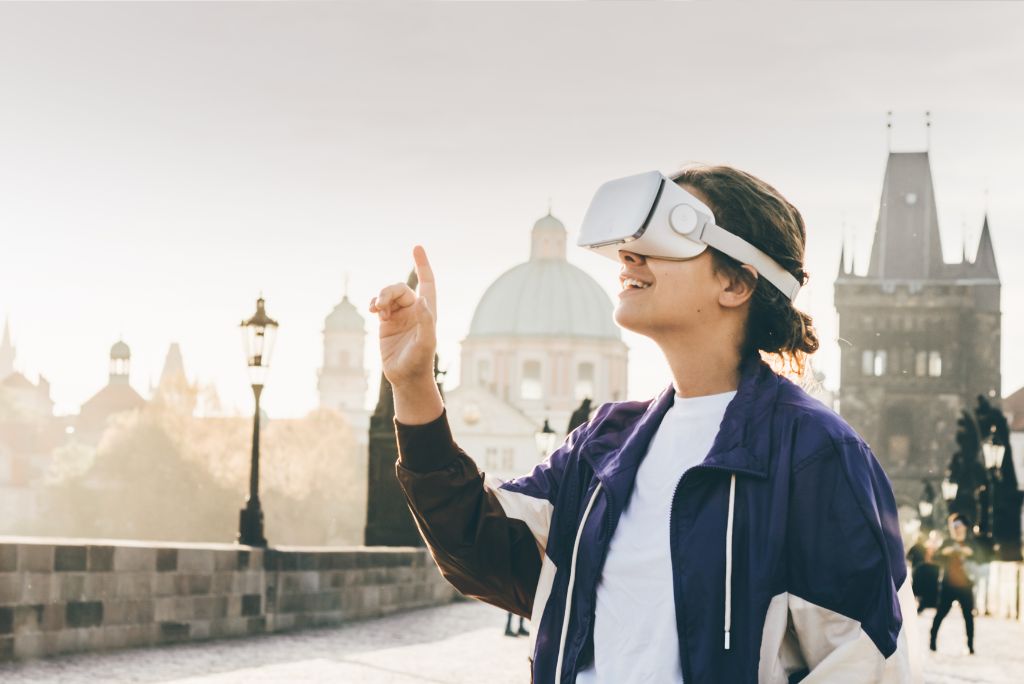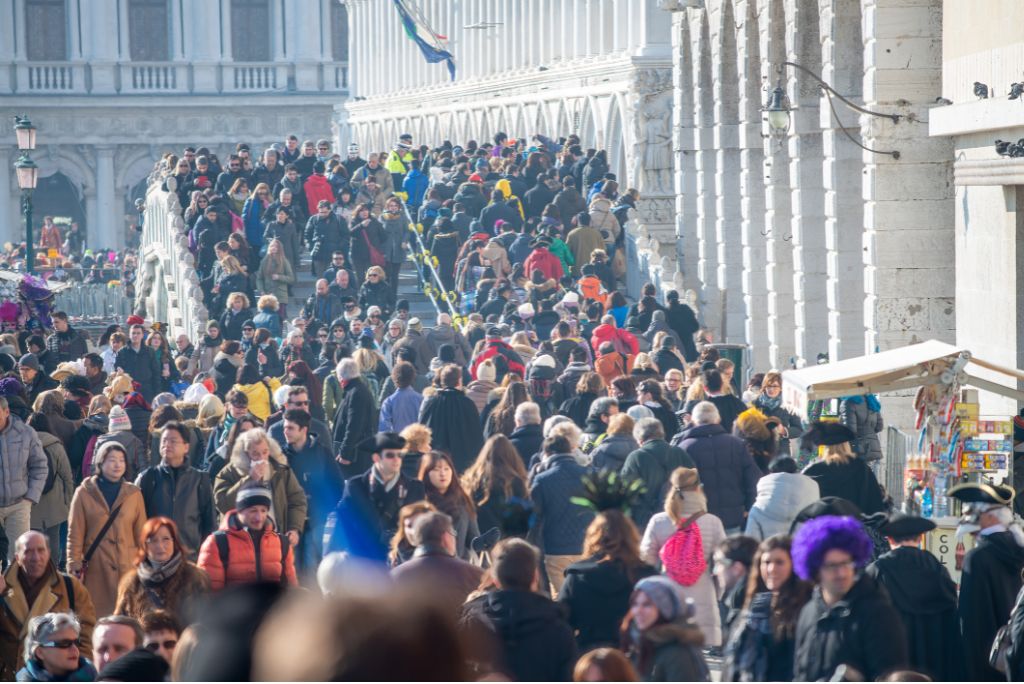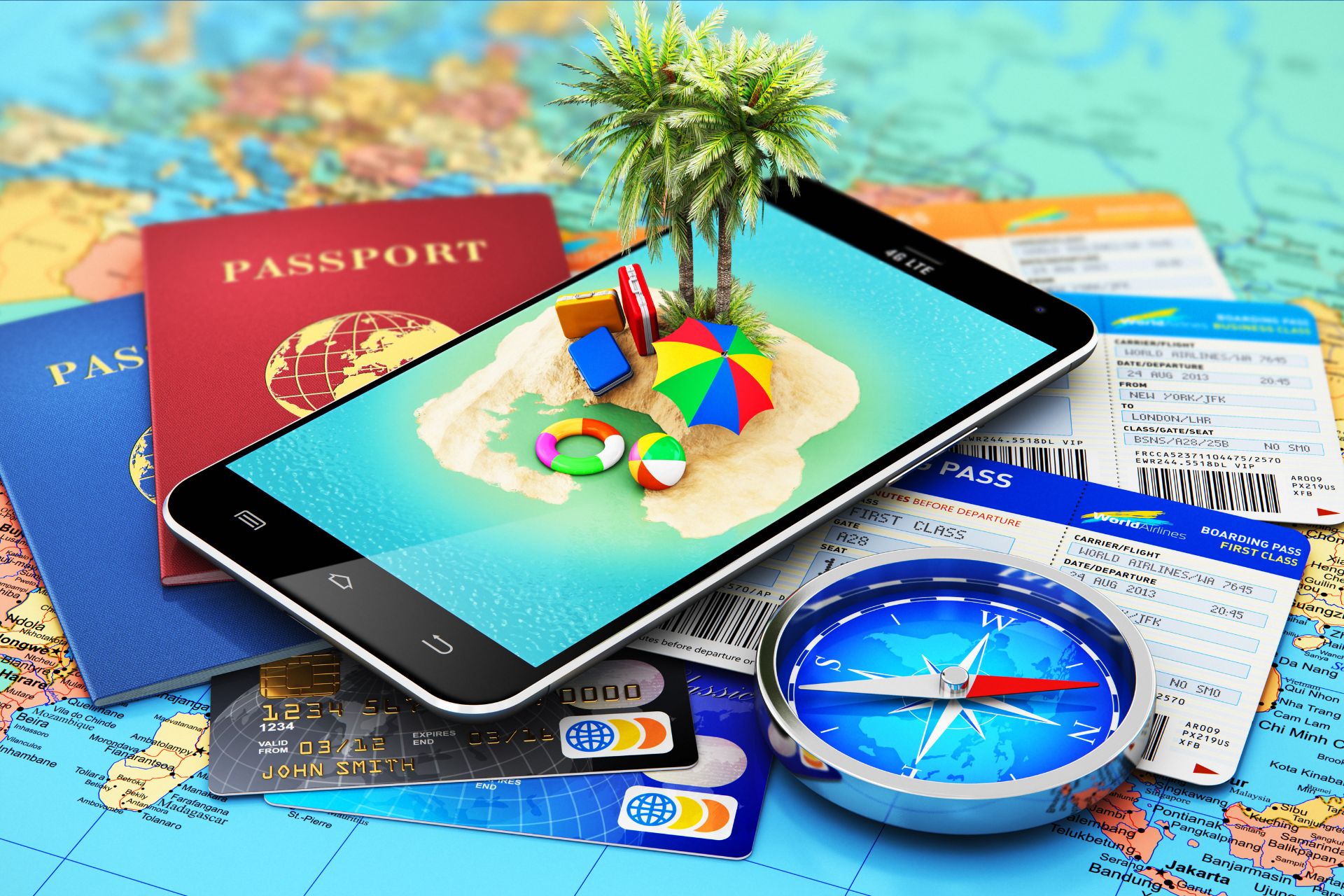We’ve gone from paper maps and written itineraries to instant technology at our fingertips in less than a decade. But is the tech revolution ruining our travel experiences?
It’s true that more people are glued to their phones than ever, but is the convenience worth it? And are we safer with technology while traveling the world?
In this post, three tech experts share their insights into how technology shapes our journeys and what the future of travel might hold.
Personalized Travel Recommendations

The COVID-19 pandemic left the travel industry on its knees, and it underwent a serious transformation to regain its customer base.
Now, people want personalized travel recommendations, unique experiences, and effortless travel planning – all from the comfort of their homes.
Technology is making that possible with remote check-ins, travel guide apps, and 24-hour chatbots to engage travelers anywhere in the world.
AR and VR

These tools are widely used in various industries, from clothing fitting rooms to home interiors. But they are now beginning to make an appearance in the travel industry.
Museums, in particular, have opened their doors to online exhibitions, allowing you to visit them without ever leaving home. In the future, the same tech could allow you to visit the wonders of the world without being there in person, making “travel” more accessible.
But is VR a good replacement for the real thing? And will people even adopt the technology?
“In the gaming world, VR is already huge. The technology gives players immersive experiences, and about one in ten gamers already own a VR headset. Although augmented reality will never replace travel, it does make worldwide experiences far more accessible.” – Michael Robery from GTA Boom
Smart Wearables

Technology is also creeping into our experiences during travel. There are already travel companies using smart wearable technology to improve customer engagement.
For example, Air Berlin has smartwatch boarding passes that display documents with a shake of the wrist and can be scanned the same as a digital boarding pass on a phone.
Of course, relying on digital boarding passes can result in difficulties, and many travelers still rely on paper backups. So, perhaps a fully digital check-in isn’t quite here yet.
The Role of AI

There are different opportunities for AI to enter the travel sphere. AI-powered chatbots like ChatGBT can already give you personalized travel recommendations, activity lists, weather reports, hotel recommendations, and more based on your inquiries and past travel history.
AI can also help with language barriers. Any chatbot equipped with language translation can provide real-time communication with locals, helping travelers navigate with ease.
“The travel industry will undoubtedly be disrupted by AI. The technology significantly eases the process of travel research, and can even give real-time updates on travel delays, prices, and more to make the process of traveling much smoother.” – Dr. Johns from Hackr
But what will advances in AI mean for travel agents? Will more reliance on technology remove the human element of our vacation plans?
Cybersecurity Concerns

When any industry begins to rely too heavily on technology, dangers arise when the technology fails. Technology has unquestionably made us safer while we travel, but we need to respect its limits if we want to retain the joy of traveling.
“Huge amounts of information are collected by travel agencies, meaning that increased cybersecurity measures are needed to handle the increase in reliance on technology.” – Taimur Ijlal from Netify
Although technology is making travel more convenient, it’s also creating a digital divide. In remote or economically poor regions, people have less access to the internet or digital devices, creating inequalities in travel opportunities and access to the best deals.
Over-Tourism & The Environment

Many of our leaps forward in technology have been made to help the environment. With less reliance on paper boarding passes and other documents, it can feel as though technology is helping our planet, but is that the whole story?
With travel becoming more convenient than ever, we’re experiencing over-tourism in the most popular destinations around the world. Places like Venice, Barcelona, and Bali are swarmed by tourists each year, leading to overcrowding, stretching of resources, and loss of culture.
There’s also the issue of the envrionmental impact of flights. In the US alone, there are around 45,000 flights handled by the FAA’s Air Traffic Organization (ATO) every day – that’s a massive contributor to our carbon footprint.
The Verdict
As we look to the future, it’s clear that technology will play an ever-growing role in the travel industry. From augmented reality and smart wearables to AI-powered planning, the impact is undeniable.
But the technology revolution doesn’t come without challenges. With concerns about safety, over-tourism, and the environment, it’s important to strike the right balance between technology and authentic human interaction when planning our trips.

